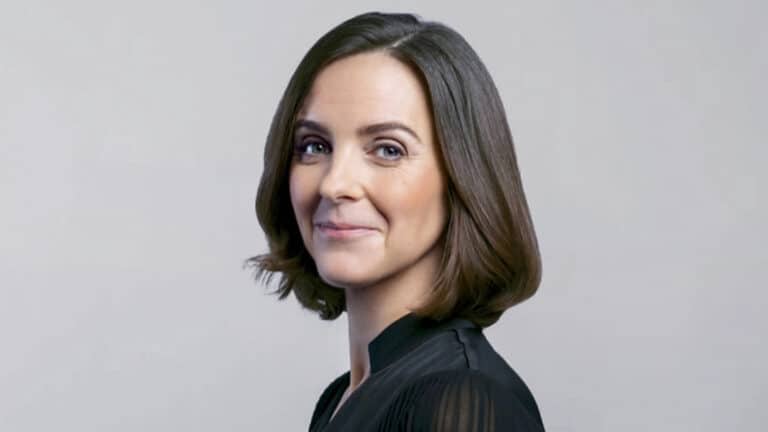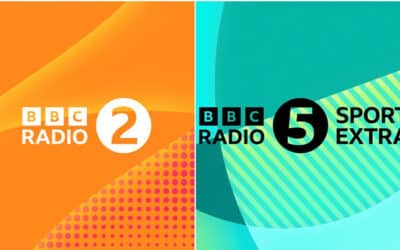Channel 4 has responded to Culture Secretary Michelle Donelan’s recommendation that it should not be privatised.
“The principle of public ownership for Channel 4 is now set for the foreseeable future, a decision which allows us to be even more of a power in the digital world,” said Alex Mahon, Chief Executive of Channel 4.
“Channel 4 is innovative, editorially brilliant and loved by audiences that others don’t reach, most of all the young and underrepresented. In the analogue world, we did this spectacularly. Now, in the digital era, we are doing it again. Working with the world-leading TV and film producers of the UK, we continue to give birth to ideas that thrill audiences and change perspectives globally.
“Five years ago, we committed to representing the whole of the UK on screen and to growing our impact across the Nations and Regions. Most recently, we took on the job of removing obstacles for young people who thought a career in this industry was somehow not for them.
“I am personally delighted that we will be able to do more, making positive change for the people that others don’t fight for. We will move faster, invest more, take more risks, break down barriers and push boundaries; getting up to do that every day is an utter privilege for those of us lucky enough to work at Channel 4.”
The broadcaster also released a statement, which we reprint in full:
We welcome the Government’s decision that Channel 4 will remain in public ownership. This decision provides a firm basis on which to establish the sustainable direction of Channel 4, safely in the hands of the British people.
DCMS having thoroughly examined the business case concluded that the privatisation of Channel 4 is not the best way to ensure its long term sustainability. Furthermore, its decision allows us to do even more to support creative jobs and skills across the UK, to inspire and develop the UK’s world-leading creative industries, and to continue opening up the sector for those aspiring to a career in TV and film.
For over 40 years Channel 4 has been a keystone of Britain’s universal, free, public service broadcasting architecture. We have spoken up for diverse and young audiences across the UK, nurtured new talent and held power to account. But standing still has never been an option for Channel 4 throughout our history. Indeed, our next stage of evolution is already well under way.
In more recent years we have extended a digital embrace to Britain’s young people. We have invested more in creative production companies in their own communities, the length and breadth of the UK. We have put record amounts into TV and film content, consistently showing original, relevant and challenging television.
In the future we will double our investment in 4Skills, training a new cohort of TV professionals from all places and all backgrounds. We are determined to make it true that neither where you live nor what your parents do are barriers to a career in our extraordinary industry.
The Government has declared its intention to legislate to remove the publisher-broadcaster requirement that currently applies to Channel 4. We welcome the Government’s commitment to engage closely with the independent production sector about the potential impact of this proposal, and we await further detail. We will contribute constructively to these discussions.
Channel 4 is grateful to all those who have contributed to the debate about how best not just to preserve, but also to magnify our contribution to the industry, to local communities and to wider culture in Britain and abroad.
Distinctly British content for British audiences, and honest and impartial news, have never been more vital. The depth of our relationships with our production partners, and our unrivalled ability to discover new voices, gives Channel 4 a precious link to the British public. To this, we remain committed. We look forward to delighting audiences and supporting British creativity for the next four decades and beyond.










